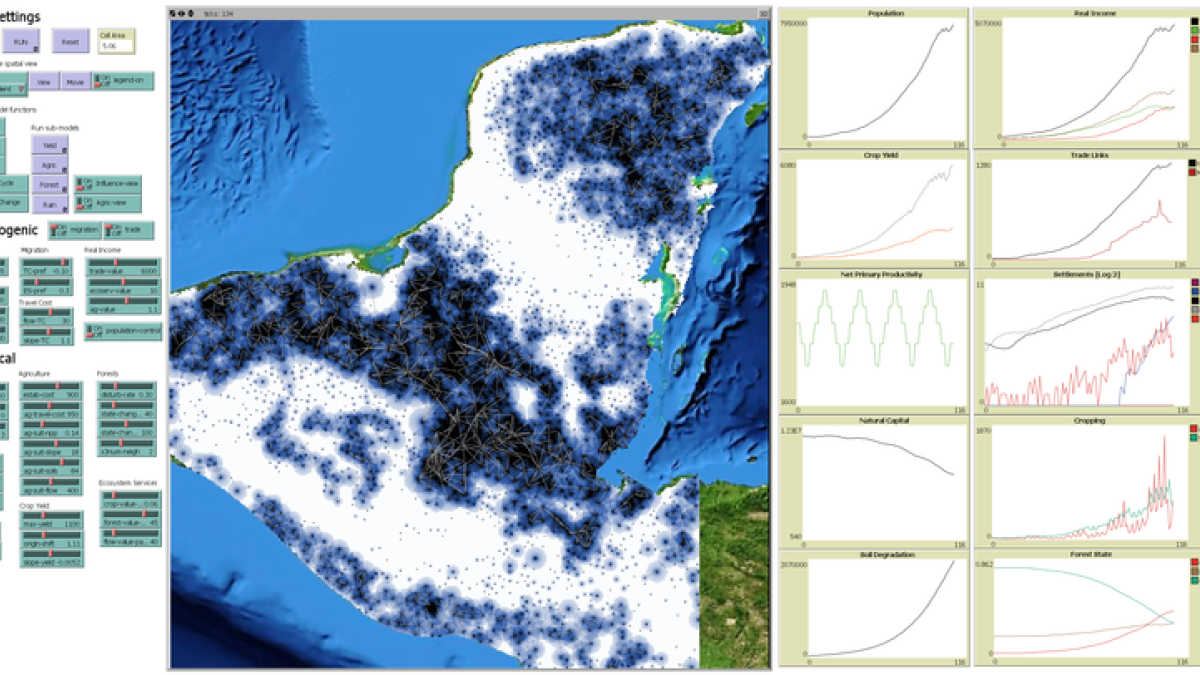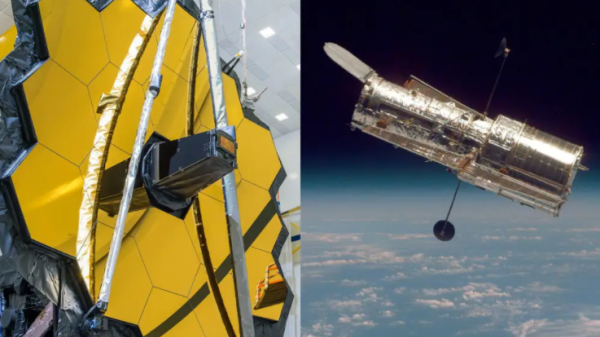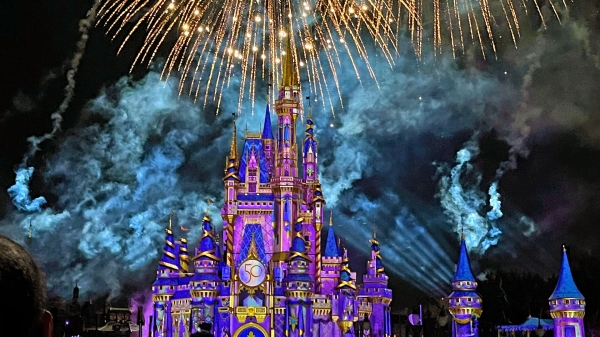New ASU center will facilitate use of computation in social-ecological research

Simulations can make sense of data. A new NSF-sponsored center at Arizona State University will establish a next-generation, online Computational Model Library that will be geared toward researchers working in the social-ecological sciences.
Big data is everywhere, including in research. Rather than writing data into a lab notebook, many researchers today use large amounts of digital data in their research to shape it and to refine their work, oftentimes using computer models to run simulations on their data. In essence, today’s research relies heavily on the movement and manipulation of data.
With that in mind, the National Science Foundation announced the formation of 10 new centers (called Big Data Spokes) to initiate research into specific areas identified, supported and organized by NSF’s Big Data Regional Innovation Hubs. Arizona State University is leading one of these new centers.
The new ASU center, which is based on the existing research Network for Computational Modeling in the Social and Ecological Sciences (CoMSES Net), will establish a next-generation, online Computational Model Library that would be geared for researchers working in the social-ecological sciences. Researchers working in this area focus on the way humans interact with the environment.
According to Michael Barton, a professor in ASU’s School of Human Evolution and Social Change and lead for the new ASU center, it will help make scientific computation and data science more transparent and accessible, and it will help accelerate the research.
“Computational thinking is increasingly important for many fields today and will be more so in the future,” he said. “We are making it easier for people to learn and share knowledge about computation. The most important, long-term value of CoMSES Net is better science, and especially for science related to human life and well-being.”
Barton said CoMSES Net will “enable open, reproducible science” and “promote scientific best practices, transparency and knowledge sharing.”
“The most direct beneficiaries of this facility will be people who are using computation (e.g., models) to understand human behavior and ecosystems,” he added. “That includes researchers, but also others who need to better understand how these systems work like, planners and policy makers in local and regional governance or NGOs. The facility will also be used for education.”
The ASU center will fill a need for researchers who share models and improve upon them, as well as share large digital databases. The new $1 million NSF grant will allow CoMSES Net to expand this environment to make it possible for scientists to share entire research workflows.
“This will improve science, and especially sciences needed to help us understand and manage our planet,” he said. “It will make scientific practice and its products transparent to all — the general public as well as other scientists. Science that is transparently vetted and open to public scrutiny engenders more confidence in scientific knowledge and helps to build a better understanding of scientific practice among the general public that supports research.”
Barton will lead the center and will be assisted by Marco Janssen of the School of Sustainability, Allen Lee of the Center for Behavior, Institutions and the Environment, and Ken Buetow, director and professor of Computational Sciences and Informatics.
More Science and technology

ASU receives 3 awards for research critical to national security
Three researchers in the Ira A. Fulton Schools of Engineering at Arizona State University have received grant awards under the …

Celebrating 34 years of space discovery with NASA
This year, NASA's Hubble Space Telescope (HST) is celebrating its 34th anniversary of the world's first space-based optical…

Making magic happen: Engineering and designing theme parks
The themed entertainment industry is widespread and diverse, encompassing everything from theme parks to aquariums, zoos, water…